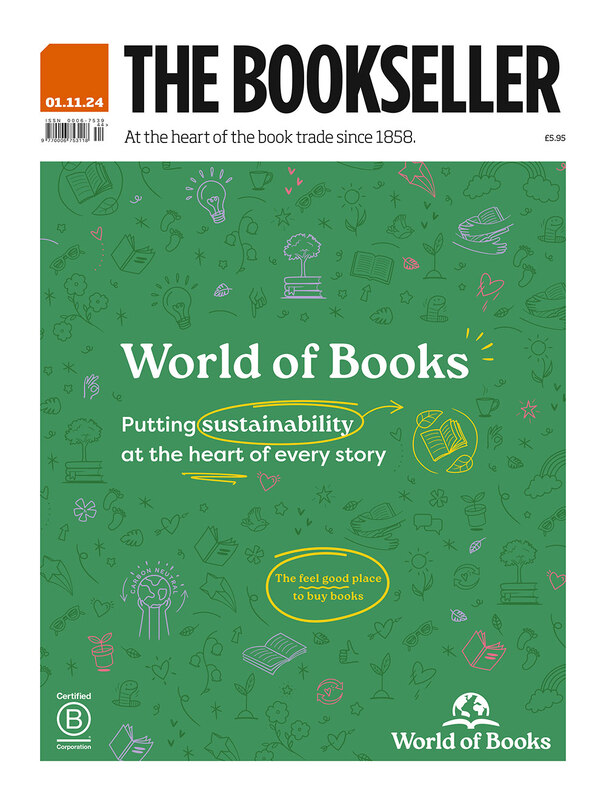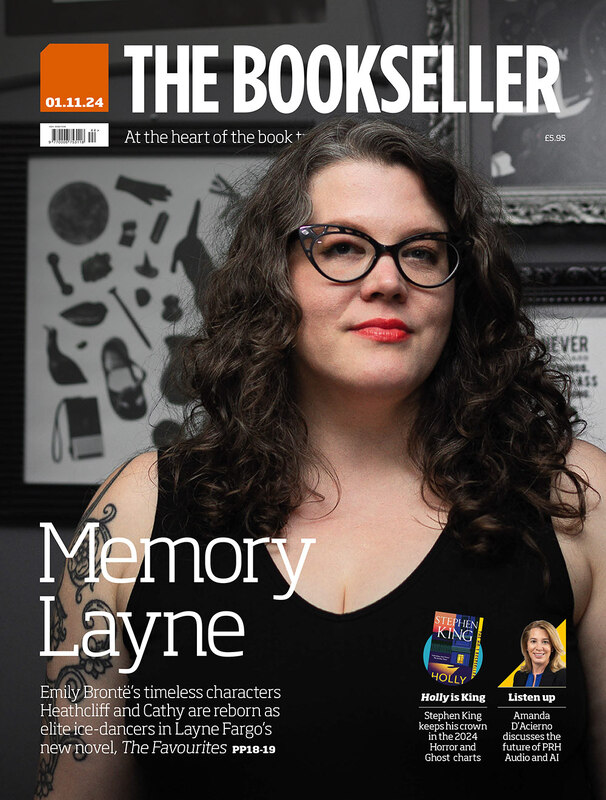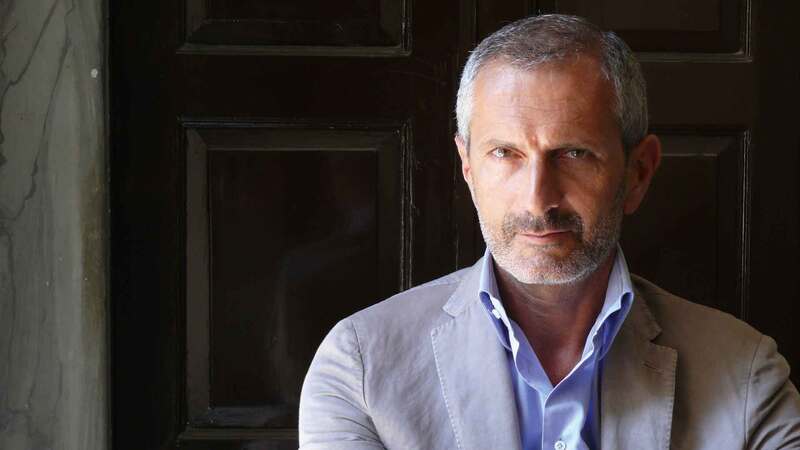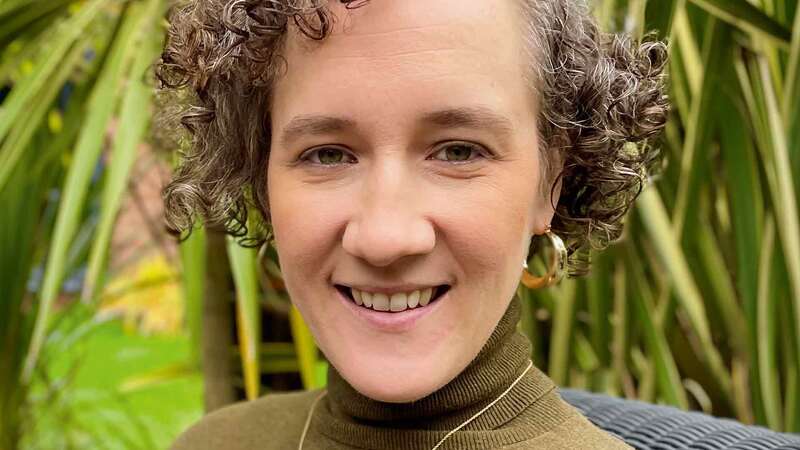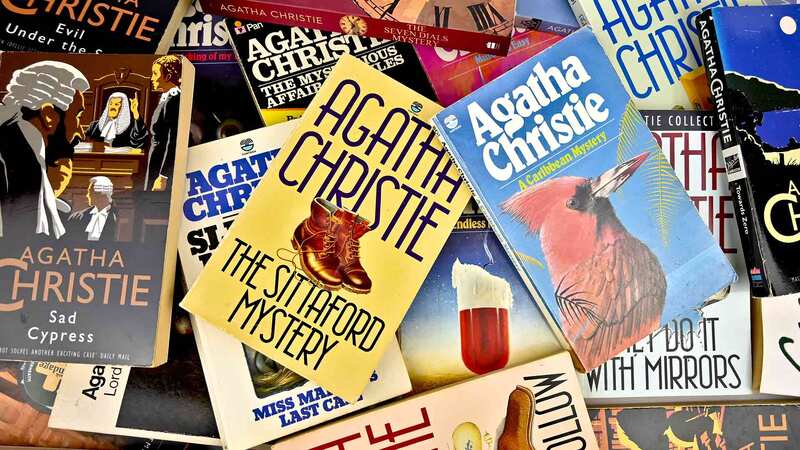You are viewing your 1 free article this month. Login to read more articles.
Government urged to harness libraries’ ‘vital’ role in building Britain’s future
Libraries organisations argue that they are perfectly placed to help the new government deliver on its five main missions—if they are funded properly
Libraries organisations including The Chartered Institute of Library and Information Professionals and Libraries Connected have called on the new Labour government to recognise libraries as a “vital” part of the UK’s infrastructure, able to help deliver on its five missions of kickstarting economic growth; making Britain a clean energy superpower; taking back the streets; breaking down barriers to opportunity and building an NHS for the future—rather than “just another problem to deal with”.
For Isobel Hunter, chief executive of Libraries Connected, the organisation’s overarching ask is for the government urgently to address the local government funding crisis. According to analysis of council data by the Guardian, library spending has halved since 2010-11 and a third of England’s libraries closed between 2009/10 and 2019/20.
As part of this, the organisation is calling for a new digital inclusion strategy, for the government to prioritise early-years literacy and for a £21m investment across the library network to provide specialist staff training and resources across all public library services. However, she acknowledges that against this backdrop, “it is not going to be easy”.
“We’ve no illusions,” she tells The Bookseller. “Everybody is crying out for investment and support. It’s going to be really, really difficult.”
Creative solutions
However, despite the urgent need for investment, she, CILIP chief Louis Coiffait-Gunn, creative director at the Reading Agency Debbie Hicks and partners across the sector believe that it is nevertheless well positioned to support the government, and that its “power and value” are ready to be harnessed.
“It’s very much about positioning libraries as part of the solution, not just another problem for ministers to deal with,” Hunter says.
“There are some massive societal challenges the new government wants to deal with. And here we are. We’ve got this incredible network across the country that can be mobilised, with libraries in the hearts of communities, thousands of trained staff. What other network is there? We’re primed. We’re ready to go. We just need some investment to be able to realise that.”
The government doesn’t have to “reinvent the wheel”, she adds. “It’s not necessarily about money. It’s about how you can channel activity and resources through libraries to do what you need, rather than spending money inventing new systems or processes.”
Coiffait-Gunn agrees. “For our public sector members, if they can do something around local authority funding, that will make a big difference. [But] they could also be bolder around libraries—not just public libraries, but libraries across all different institutions, across all of our communities. And for each of their five missions, libraries can help deliver that.
“There’s some really strong evidence from health librarians, for example, about how they can save frontline clinical staff time, and make sure they’re making decisions informed by the best available evidence. And so across all of the missions, we’ve a really positive offer for the government. And in return we need them to invest in the sector, and invest in the people in the sector. There is a real call for the government to recognise the opportunity with libraries. Yes, that is about funding. But it’s not just about funding.”
Continues...

Debbie Hicks, creative director at the Reading Agency, agrees that “in terms of the government agenda, libraries absolutely make a really important contribution to all of those areas, and that contribution is too important to lose.
“Our call to the new government is to recognise this value and invest in libraries as real agents of change for the future,” she says, emphasising that, in terms of the government’s goal around economic prosperity, for example, “a literate nation is a prosperous nation”.
“We know low literacy costs eight billion a year and libraries are one of the very few institutions that are addressing this”.
It is, Coiffait-Gunn says, about “bringing together a bit of a strategy, trying to connect the dots between different types of libraries and librarians, and involving us and our members in all those different missions, because whether they realise it or not, we will be there in the background. If they involve us earlier, we can do more.”
As such, he is calling on the government to “get involved with libraries and recognise the power and the value that they can have”. “There is stuff that it can do that won’t cost money,” he explains. “And that can be about recognising the value of the sector.”
Loan rangers
Regarding school libraries, Alison Tarrant, c.e.o. of the School Library Association, agrees that while “we’re in a really difficult position as a country [and] I don’t think that is going to change any time soon, I do think that school libraries are the solution, or part of the solution, to a lot of the issues that are being discussed.”
James Urquhart, Arts Council England’s interim director of literature and senior manager of libraries, tells The Bookseller that there is reason for optimism when it comes to the new government’s approach. “One of the things we’re really welcoming of is the sense that there is a greater appetite for cross-departmental dialogue,” he says. “And this is something that may simply be an output of a new administration, bringing a whole new set of people into play, and needing quickly to build an understanding of what opportunity might be across departments. But I think it very much speaks to something that works well for libraries.
“If the government is able to decrease the friction between departments, that enables greater recognition of the existing offer that libraries make, and the potential for more that will be a real win in itself.”
He continues: “It feels to me that we have key personnel in place who don’t need persuading about the value of libraries, which is enormously valuable as a starting point, partly because, given that libraries have such a broad spectrum offer, if you start from a position of having to make the case around what libraries are, the range is so wide that actually it is really difficult to land that with people in the context of what their USP is.”
’There are so many things libraries could do better with more money, but there are so many things that libraries do well with existing money’ – James Urquhart, Arts Council England
Like Coiffait-Gunn—who is calling on new libraries minister Chris Bryant to show “clear ownership” and “champion public libraries”, despite having a bigger portfolio than his predecessor (as both Minister of State for Data Protection and Telecoms and Minister for Creative Industries, Arts and Tourism)—and Hunter, Urquhart’s optimism is, however, tempered with realism. “I think there’s so much of urgency on the government’s plate that there may be a bit of a pause before we can see how their approach to public libraries is going to play out.”
He adds: “The thing is, there are so many things libraries could do better with more money, but there are so many things that libraries do well with existing money. And with a bit more joining up from the government, the sector could be made even more effective and more penetrating without, necessarily, large amounts of resource.”
Government response
When asked about its plans for libraries, a government spokesperson told The Bookseller: “Public libraries are an important part of our local communities, helping people with social skills, boosting employment and capturing the imagination of readers of all ages and backgrounds. Ministers will work closely with stakeholders from the sector to consider how we can best support libraries for generations to come.
“We will get local government back on its feet by doing the basics right, by providing councils with more stability through multi-year funding settlements, ending competitive bidding for pots of money and reforming the local audit system.”
On the historic “bidding culture”, Andrew Coburn, treasurer at The Library Campaign, told The Bookseller “you have to spend six months preparing a bid for a pot of money, and then you don’t get it, and you’ve wasted an awful lot of money just preparing the bid”. He says the government’s proposed settlements will be “a start”. He echoes the other library organisations in that “we want the relevance of libraries to be properly understood across every government department”.
“It’s not about bailing out a failing institution,” Hicks says. “It’s about investing in a network that can really make a difference to individuals and communities.”

